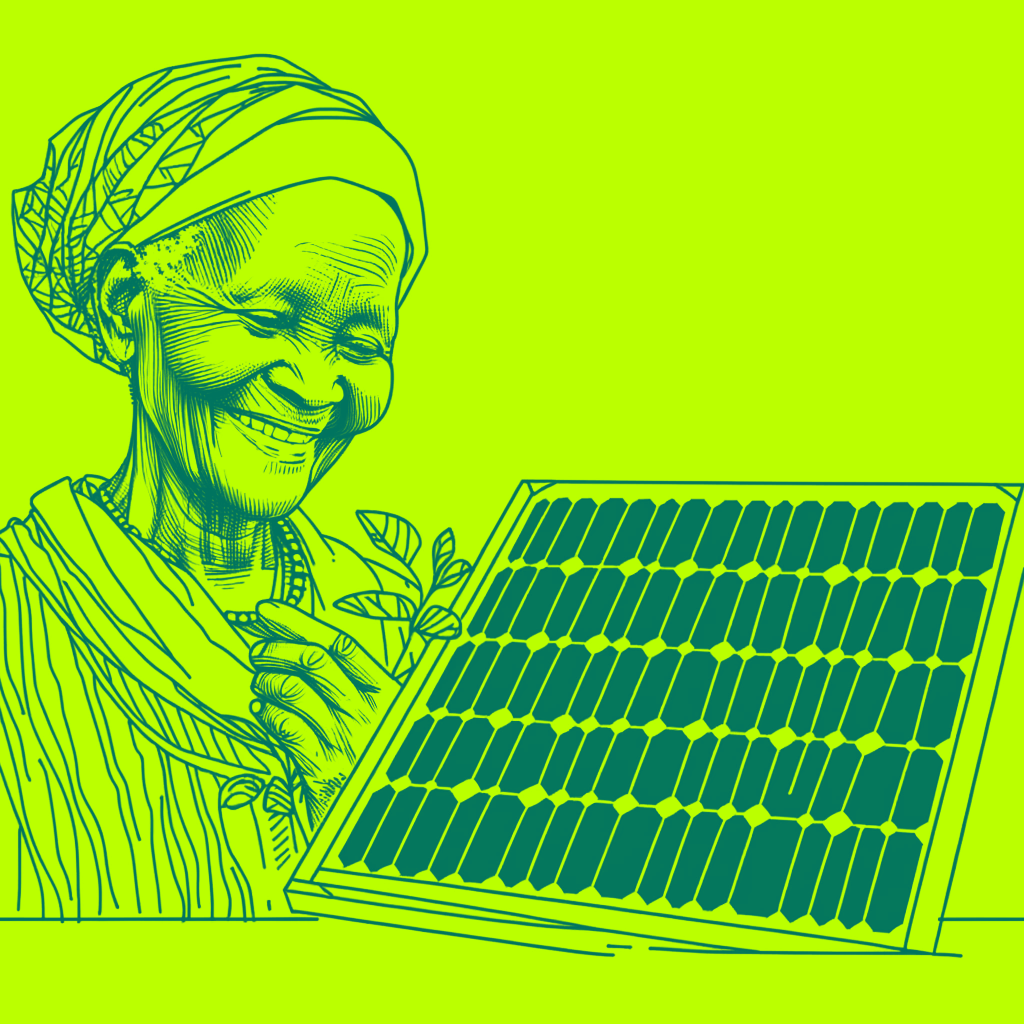Renewable Energy in the Global South: A Catalyst for Comprehensive Development
Exploring renewable energy in the Global South reveals a landscape where renewable energy serves as a key driver for sustainable development, environmental stewardship, and economic empowerment.
Current Energy Dynamics
In countries of the Global South, the energy sector is evolving. Traditional energy sources like coal and oil are still predominant in many of these countries. For example, South Africa heavily relies on coal for its electricity generation. This reliance poses both environmental risks and economic challenges, especially with the fluctuating nature of global oil markets.
Exploring Renewable Resources
The potential for renewable energy in these regions is impressive and waiting to be fully harnessed. In Kenya and Nigeria, the abundant solar energy due to high solar irradiance presents a significant opportunity. Wind energy is another promising resource, especially in coastal countries like Brazil, which has seen a substantial increase in wind power generation. Geothermal energy also offers great potential in geologically active regions such as the East African Rift.
Overcoming Barriers
The path to renewable energy adoption involves navigating several challenges. Financial limitations are a major concern, as attracting investment for large-scale renewable projects can be daunting. Technological expertise is an additional hurdle, necessitating technology transfer and skill development. Inconsistent policies and bureaucratic processes also present obstacles to renewable energy initiatives.
Inspirational Successes
There are notable achievements in this area. Rwanda’s commitment to solar energy led to the Gigawatt Project, enhancing the country’s energy capacity. Brazil’s wind energy sector has not only boosted its power supply but also generated employment and invigorated local economies.
The Impact of Global Collaboration
International collaboration and investment play an essential role. Support from global entities like the World Bank and collaborative initiatives such as the Africa Renewable Energy Initiative are critical in facilitating this energy transition.
Broader Implications
The impact of shifting to renewable energy extends beyond environmental benefits. It encompasses job creation, community empowerment, and the promotion of sustainable economic growth. In India’s renewable energy sector, for instance, thousands of jobs have been created, contributing significantly to the economy.
Future Prospects
Looking ahead, the potential of renewable energy in the Global South is bright and filled with opportunities. Strategic planning, innovation, and collaboration are key to maximizing this potential. Prioritizing community-focused renewable projects can ensure broader access and integration, positioning renewable energy as a cornerstone of sustainable development.
In conclusion, renewable energy in the Global South represents an exciting and transformative journey towards a more sustainable, empowered, and economically vibrant future. It’s a pathway that calls for innovation, collaboration, and a steadfast commitment to sustainable development principles.



Leave a Reply